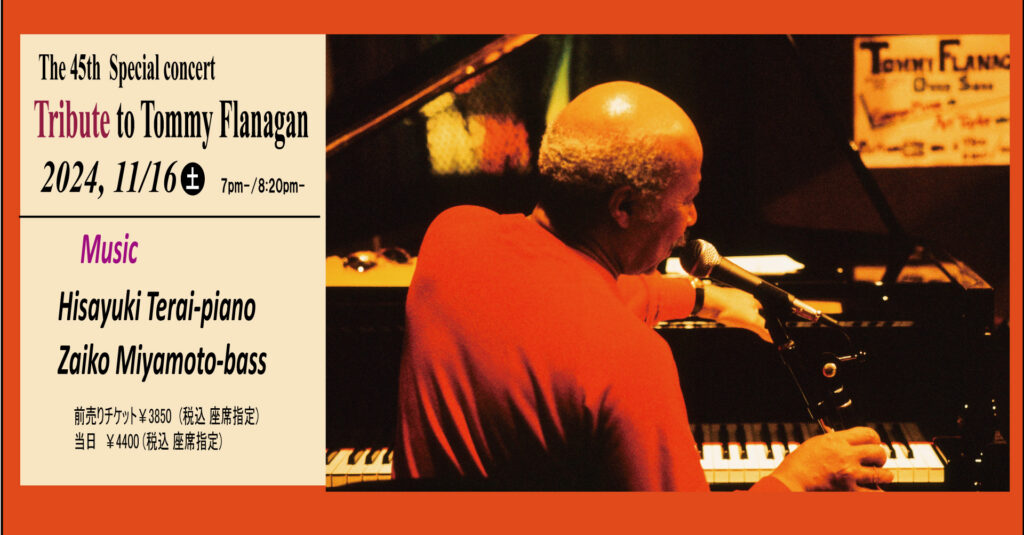
Pianist and Jazz Club OverSeas owner Hisayuki Terai has honored his mentor, piano giant Tommy Flanagan (1930-2001), by performing special concerts exclusively featuring Flanagan’s iconic repertoire each year in the months of his birth and passing since his death. It is 45th tribute to Flanagan.
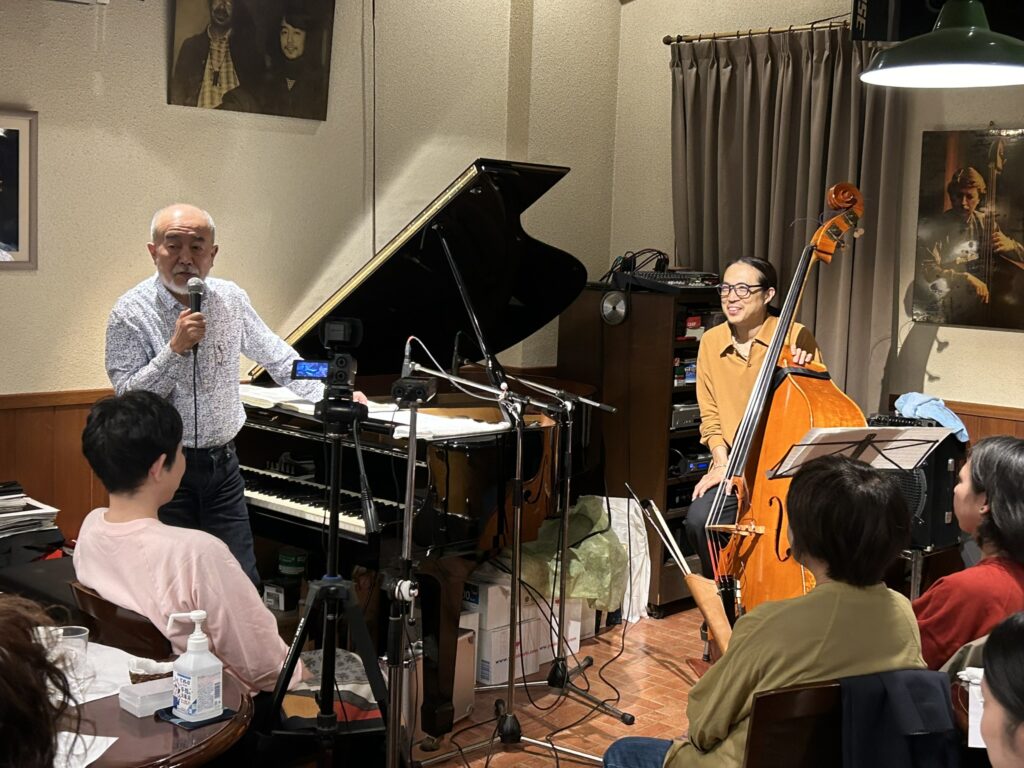
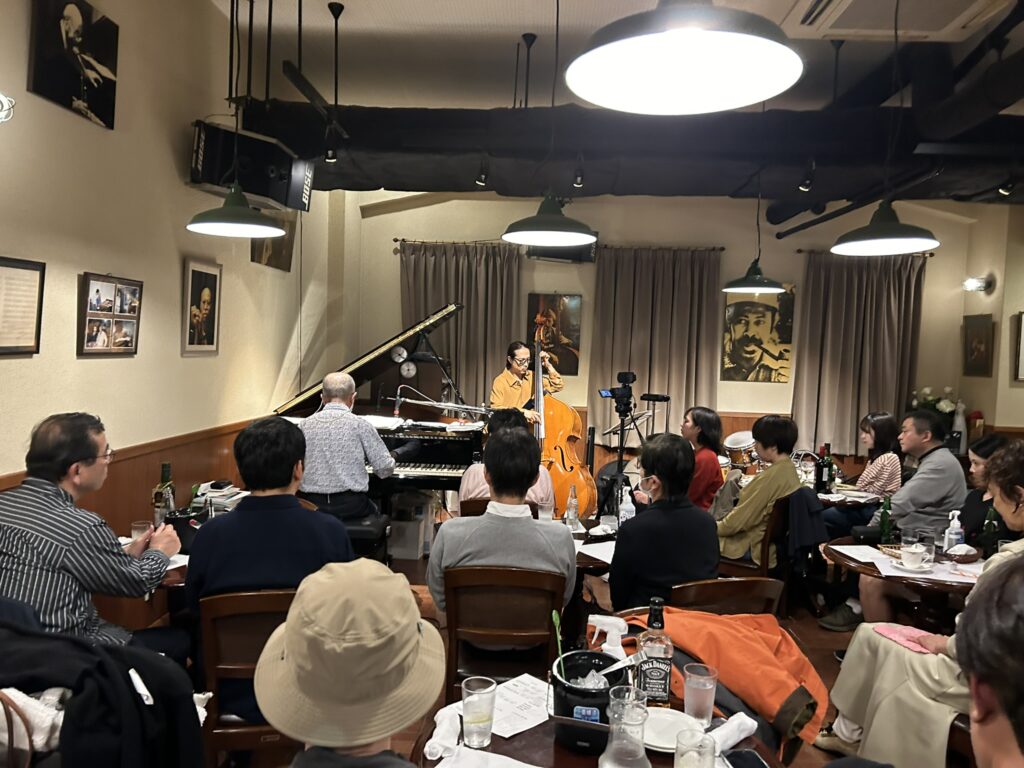
The Tunes
<1st>
1. Bitty Ditty (Thad Jones)
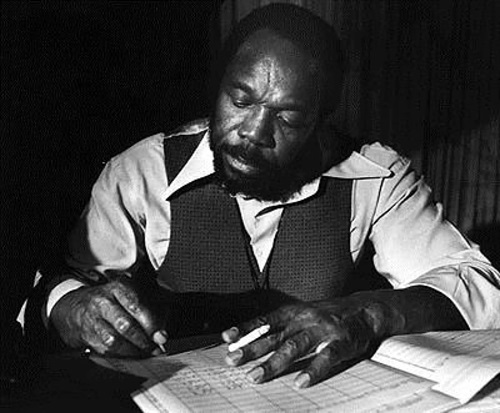
A playful piece composed by Thad Jones, many of whose works Tommy Flanagan cherished throughout his life. Despite its seemingly simple melody, the piece has a challenging structure, with irregular measures and frequent key changes—a playfully ironic contrast to its title. This clever naming reflects both the musical genius of Jones and the defining characteristics of Detroit hard bop.
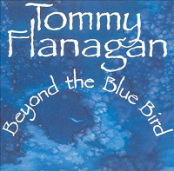
2. Beyond the Blue Bird (Tommy Flanagan)
Flanagan wrote the piece in 1990 with nostalgia for the legendary jazz club in Detroit’s black community, the Blue Bird Inn, and the tune became the title track of his album, featuring fellow Detroiter guitar master Kenny Burrell. Prior to the album’s release, Flanagan had Terai transcribe this music in New York City. With subtle and rapid key changes, it embodies typical Flanagan music, exuding elegance and depth.
3. Rachel’s Rondo (Tommy Flanagan)
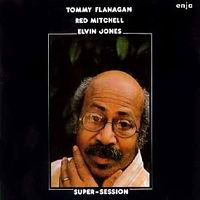
Flanagan’s vibrant original, Rachel’s Rondo, is dedicated to his elder daughter, Rachel. Although Flanagan’s recording of the piece can only be found on the album Super Session (Enja, 1980), featuring Red Mitchell (bass) and Elvin Jones (drums), the piece remains a favorite among our patrons at OverSeas.
4. Medley: Embraceable You(Ira& George Gershwin)
~Quasimodo(Charlie Parker)
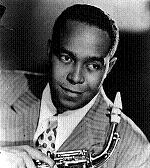
Flanagan’s style cannot be discussed without considering his medleys. Charlie Parker wrote a bop tune based on the chord changes of the famous Gershwin song Embraceable You and named it Quasimodo after the hideous character from The Hunchback of Notre-Dame. The medley, which ingeniously connects the original piece with Parker’s bop tune through exquisite key changes, expresses his message that true “beauty” lies not in appearance, but within one’s soul. Among Flanagan’s numerous medleys, this one stands as a legendary signature piece, though unfortunately, no recording with his regular trio exists.
5. Lament (J. J. Johnson)
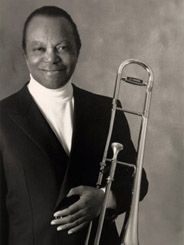
One of the masterpieces composed by trombone virtuoso J.J. Johnson, with whom Flanagan performed regularly, leaving behind many albums such as Dial J.J. 5 (Columbia ’57). Flanagan favored the elegance and nobility of the song and frequently performed it live, so much so that for many seasoned jazz club goers, hearing Lament brings to mind the legendary Bradley’s jazz club in University Place, NYC, where Flanagan often played. Flanagan’s only recording under his own name is Jazz Poet (Timeless ’89), but even after that, he continued to perform it, with the arrangement evolving over time. The second riff used by Terai in this concert is a new version that followed the one on the album.
6. Elusive (Thad Jones)
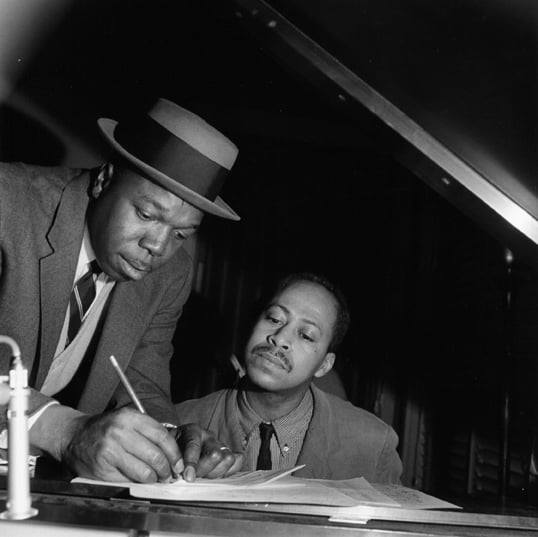
A Thad Jones composition, filled with a devilish thrill. In 1950s Detroit, a young Flanagan in his twenties played this challenging piece with Jones at the Blue Bird Inn, effortlessly navigating its complexities.
7. Dalarna (Tommy Flanagan)
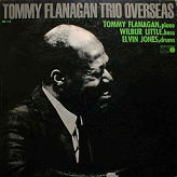
Flanagan’s early composition, Dalarna, was first recorded on Overseas (Metronome/Prestige), an album produced during an extensive 1957 tour of Sweden with the J.J. Johnson Quintet. They performed concerts across various locations in the country. It’s easy to imagine that Flanagan was inspired by the beauty of Dalarna region.
Although Flanagan didn’t revisit the tune for many years, he was inspired anew by Terai’s 1995 CD Dalarna, which prompted him to re-record it for Sea Changes (1996, Alfa), using Terai’s arrangement. Immediately after the recording, Flanagan excitedly called Terai to announce, “I’ve recorded Dalarna!” His lively voice still resonates in Terai’s heart to this day.

8. Tin Tin Deo (Chano Pozo, Gill Fuller Dizzy Gillespie)
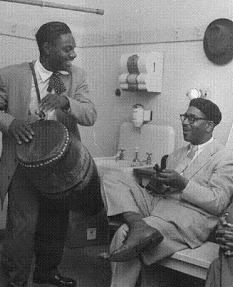
The first set closes with an Afro-Cuban jazz classic, pioneered by Dizzy Gillespie. Flanagan created an exquisite piano trio version, preserving the vitality of the earthy Cuban rhythms and the wistful melody. It’s characteristic of Flanagan’s style to reinterpret big band repertoire with a compact piano trio, delivering a more dynamic performance.
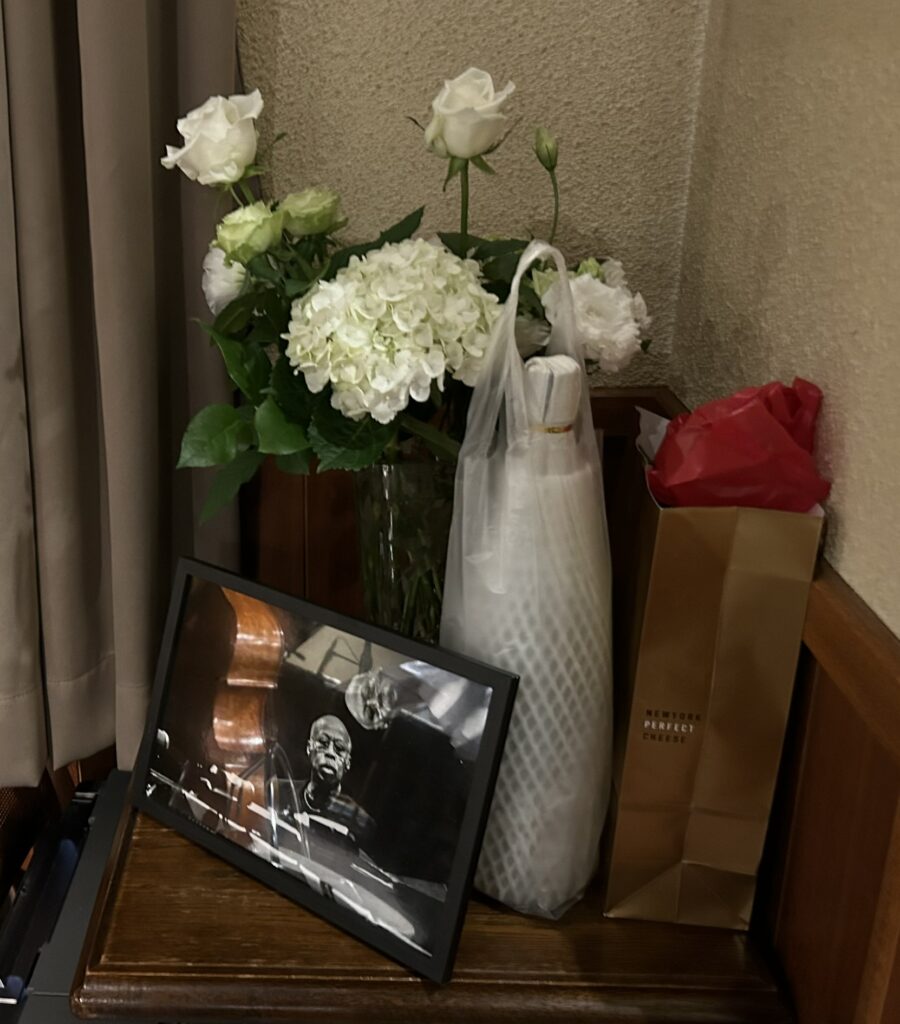
<2nd>
1. That Tired Routine Called Love (Matt Dennis)
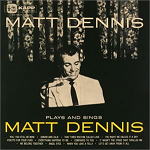
A witty love song written by Matt Dennis, a singer-pianist and composer-arranger best known for penning numerous hits for Frank Sinatra. His compositions, though pleasant to the ear, are often tricky to play, making them favorites among jazz musicians. This particular tune, with its frequent modulations, presents a challenge to jazz players.
Trombone virtuoso J.J. Johnson recorded it with Flanagan for the album First Place (Columbia, ’57). Over 30 years later, Flanagan revisited the tune on his own album Jazz Poet (Timeless, ’89), with the arrangement continuing to evolve in subsequent performances. Terai performs this evolved version of the arrangement.
2. Smooth As the Wind (Tadd Dameron)
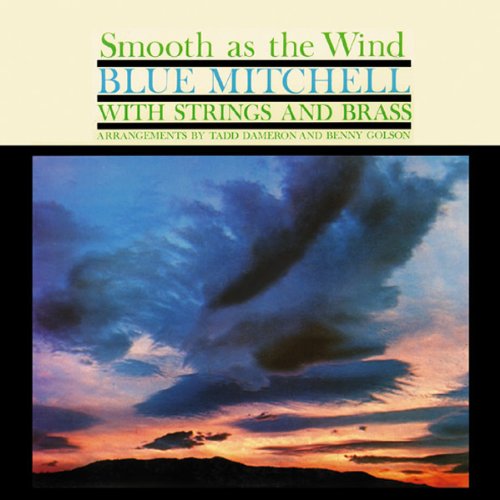
This composition, which encapsulates the essence of bebop aesthetics, was penned by Tadd Dameron, another of Flanagan’s favorite composers in his piano trio years. Its robust yet gracefully elegant texture and the way its harmonies unfold—much like magnificent roses blooming one after another—are truly breathtaking.
Dameron wrote this piece during his time in a federal prison hospital in Lexington, Kentucky, for trumpeter Blue Mitchell’s eponymous album, Smooth as the Wind (Riverside, 1960), in which Flanagan also participated. The song unfolds like a poetic narrative, and the artistry in its arrangement reflects the enduring legacy of Tommy Flanagan.
3. Medley: Thelonica (Tommy Flanagan)~Minor Mishap (Tommy Flanagan)
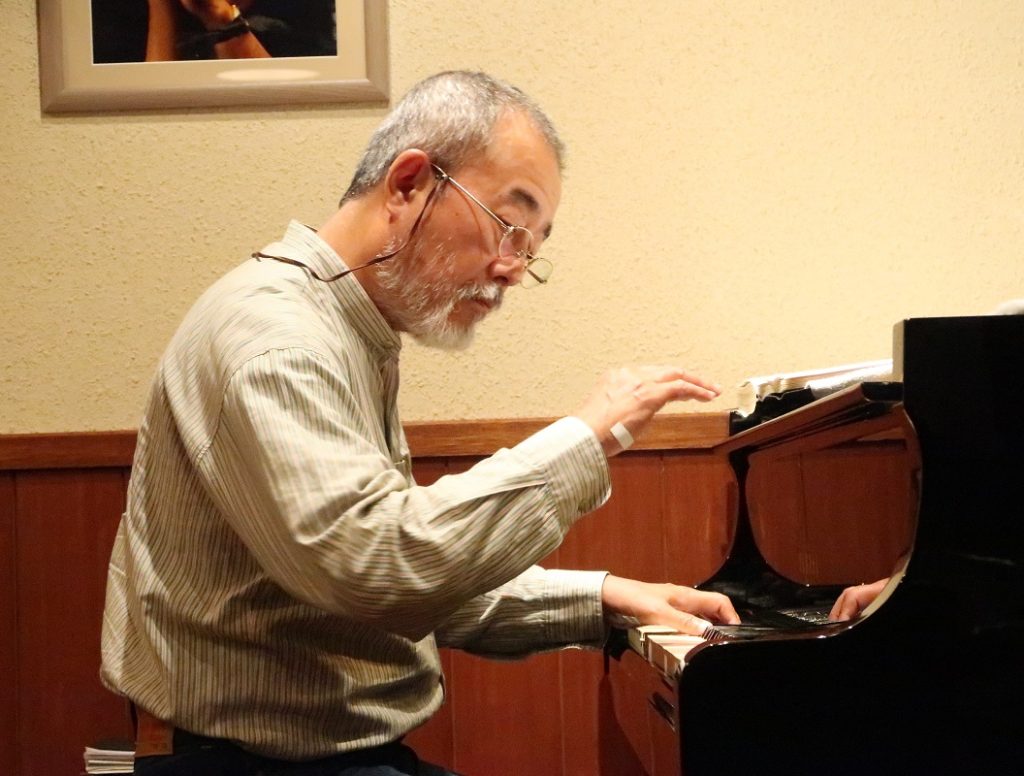
A medley of two original compositions by Tommy Flanagan.
Thelonica is a tribute to the rare and remarkable friendship between Thelonious Monk and Baroness Pannonica. It serves as the title track of the album Flanagan recorded in 1982 with his trio featuring George Mraz and Arthur Taylor.
Minor Mishap was first recorded on Flanagan’s debut album as a leader, Cats (New Jazz, 1957), which features John Coltrane and Kenny Burrell and remains popular to this day. The tune’s name reflects the musical circumstances of the recording session. It became one of Flanagan’s most frequently performed pieces throughout his career.
4. If You Could See Me Now (Tadd Dameron)

One of Dameron’s classic ballads, composed for the then-rising star Sarah Vaughan in 1946. Flanagan often praised Dameron’s works, saying, “It’s really easy to play because his music has a built-in orchestra.”
Flanagan’s rendition incorporates the second riff featured in Vaughan’s 1981 recording with the Count Basie Orchestra, masterfully capturing the orchestral essence embedded in the piece.
5. Eclypso (Tommy Flanagan)
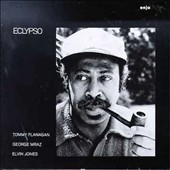
One of Flanagan’s renowned uplifting originals, Eclypso holds a special place in pianist Terai’s memories. During Terai’s first visit to New York at Flanagan’s invitation, Flanagan performed this piece on the final night of the unforgettable trip at the Village Vanguard, dedicating it to his protégé with a heartfelt announcement to the audience.
6. But Beautiful (Jimmy Van Heusen)
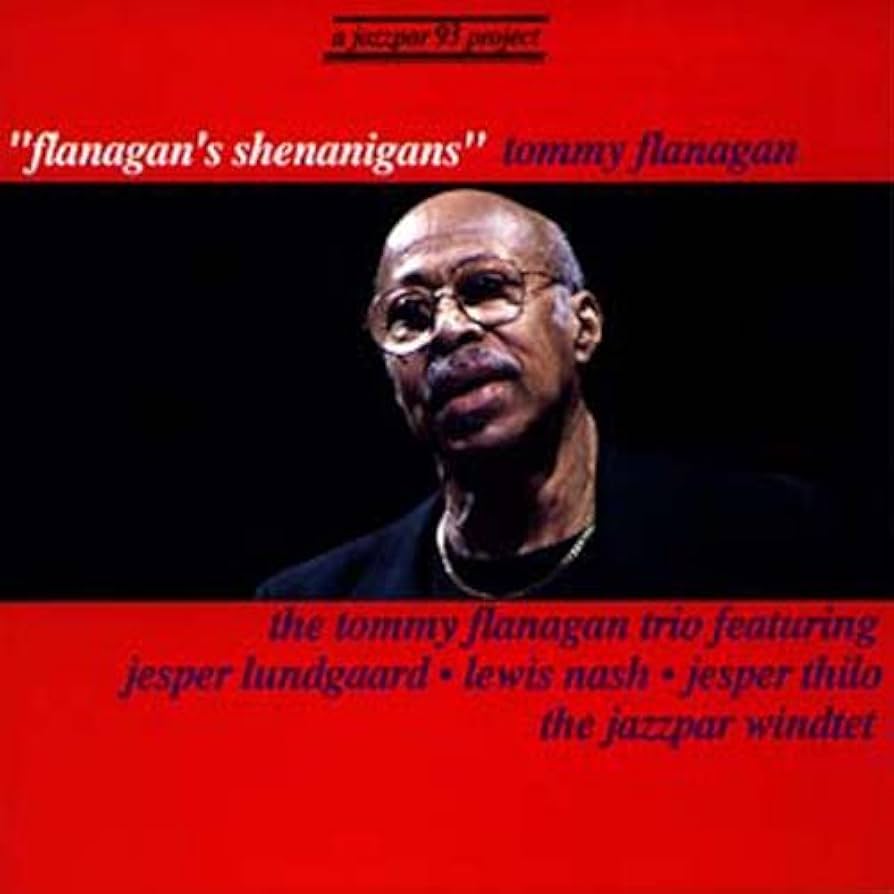
Flanagan frequently performed this beautiful ballad in the 1990s, inspired by Terai’s remarks. One afternoon, while relaxing with Terai at OverSeas, a track from Frank Wess Quartet’s Moodsville 8 (Prestige, 1960), featuring Flanagan on piano, began playing in the background. Terai passionately commented on the rendition, saying, “Your intro here is the greatest in jazz history! Because…” Flanagan responded with a nonchalant “hmm,” flaring his nostrils. Yet not long after, he delivered a memorable performance of the piece during the Jazzpar Prize celebration concert Flanagan’s Shenanigans in Copenhagen, Denmark, in 1993.
7. Our Delight (Tadd Dameron)
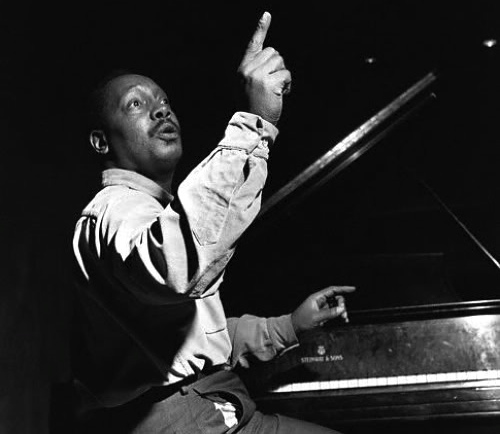
Flanagan often closed his shows with this Tadd Dameron composition, showcasing his ability to infuse the dynamism of big band music into a piano trio setting. He had a customary introduction for the piece: “Bebop is the music before the Beatles and after!” The more enthusiastic the audience’s applause in agreement, the more magnificent his performance would become. In this concert’s duo setting, Terai and Miyamoto delivered a performance that was every bit as dynamic.
Encore:
With Malice Toward None (Tom McIntosh)
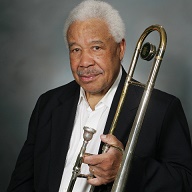
Flanagan’s cherished spiritual masterpiece, recorded with George Mraz on Ballads & Blues, holds a special place in the heart of this club. The composer, trombonist Tom McIntosh, was not only a close friend but also a neighbor of Flanagan, who witnessed the song’s creative process firsthand. Flanagan’s ideas were intricately woven into the piece. Its title is drawn from a famous quote in Abraham Lincoln’s post-Civil War speech, while its melody is based on the hymn Jesus Loves Me. This deeply moving song has, on occasion, brought patrons to tears.
Ellingtonia
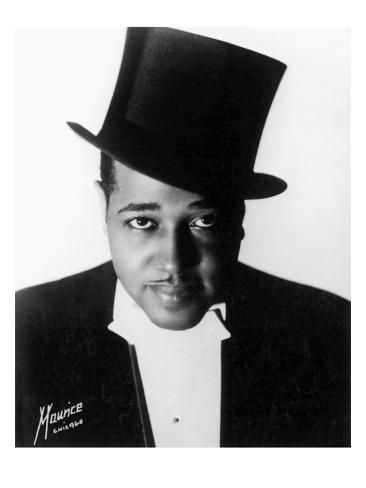
Flanagan’s first concert at OverSeas took place in December 1984, marking the trio’s very first appearance at a jazz club in Japan.
The extended Duke Ellington medley performed that night became a profound and lasting inspiration for Terai.
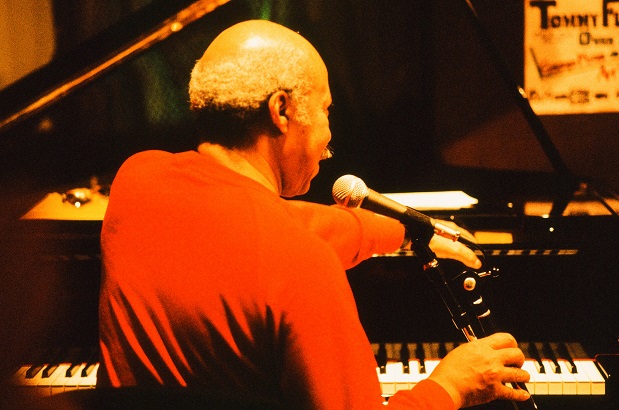
Chelsea Bridge (Billy Strayhorn)
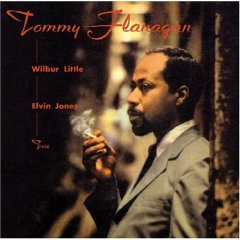
A composition by Ellington’s collaborator, Billy Strayhorn. In 1957, Flanagan, who deeply admired Strayhorn, happened to encounter him on the streets of New York. Flanagan introduced himself, saying, “I’ll soon be touring Sweden with J.J. Johnson and plan to record some of your pieces with my trio.” Strayhorn, moved by the young pianist’s enthusiasm, took him to his music publishing office and generously gave him as many scores of his compositions as he could. Among them was Chelsea Bridge, which Flanagan recorded with heartfelt intensity on his early masterpiece album, Overseas. That unforgettable performance continues to captivate us to this day.
Passion Flower (Billy Strayhorn)
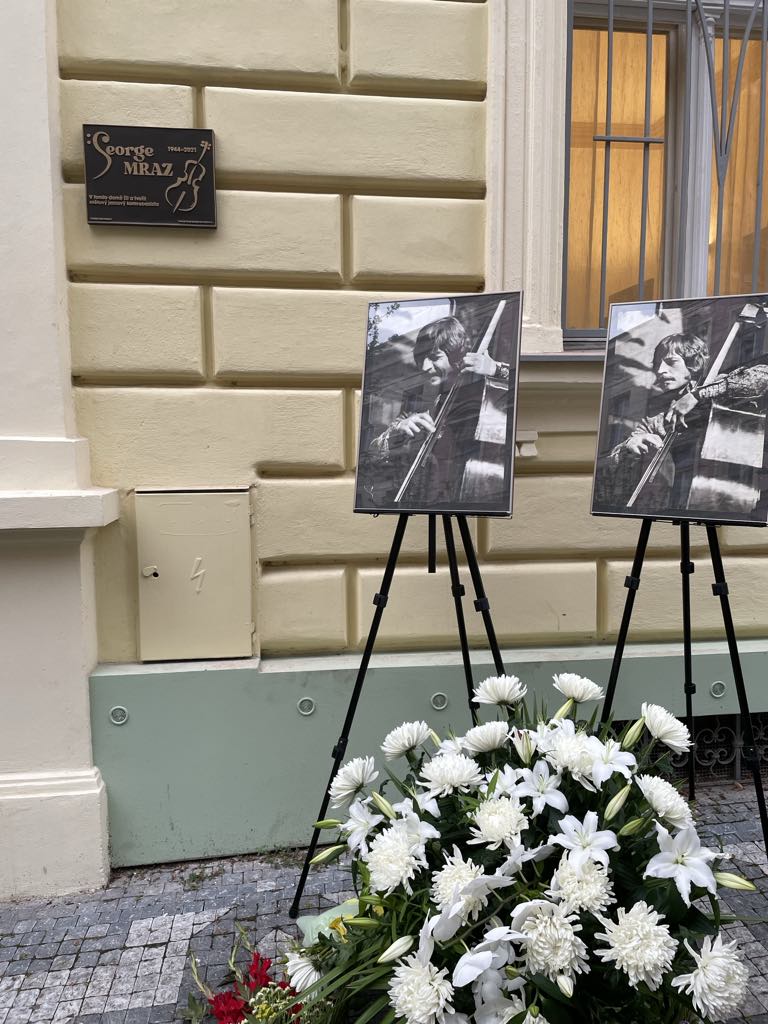
The white bouquet sent by Terai
A regular feature of the Flanagan Trio’s performances during the time bassist George Mraz was part of the group, showcasing his masterful bow technique. In this tribute, bassist Zaiko MIYAMOTO’s rendition of the piece is exceptional. Mraz continued to perform this song after he struck out as a leader, including it on his own album, My Foolish Heart (1995). Mraz, who was like an older brother to Terai, sadly passed away three years ago, and this year, a monument was finally erected in his honor in his hometown of Prague, Czech Republic.
Black & Tan Fantasy (Duke Ellington)
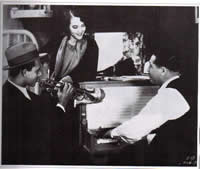
The finale is a signature piece from Flanagan’s last years during Flanagan returning to his musical roots. Originally a hit from the early Duke Ellington Orchestra nearly 100 years ago, this piece became a memorable moment during Flanagan’s final visit to OverSeas Club. When Terai performed it, Flanagan offered rare praise, making the moment even more unforgettable.
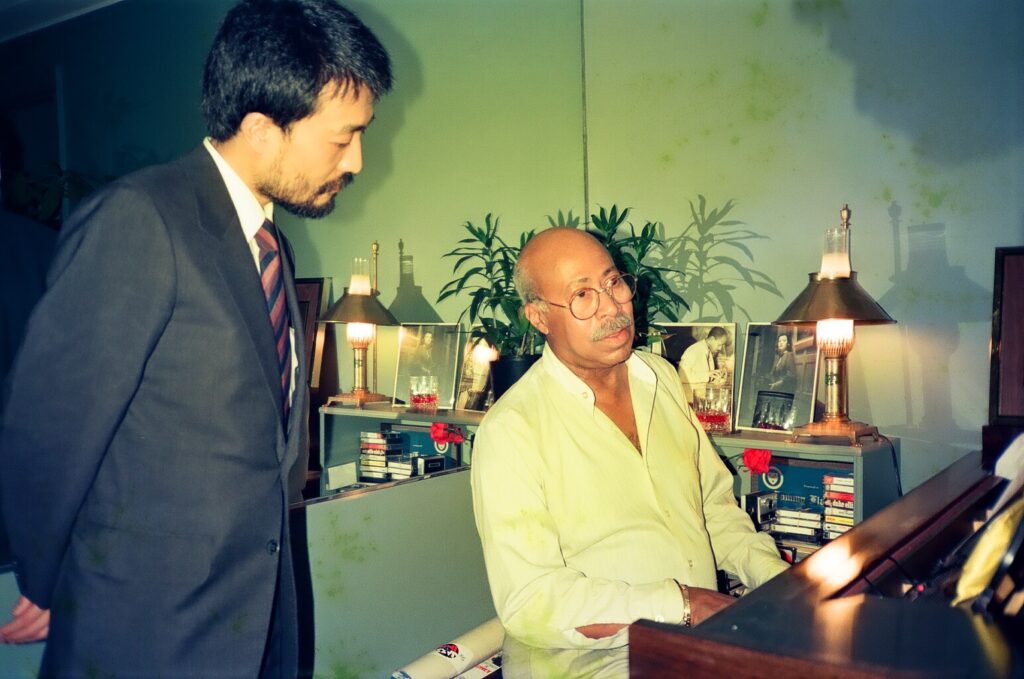
Hisayuki Terai first sought to become a disciple of Tommy Flanagan in 1975, but it wasn’t until nine years later, in 1984, that he was recognized as his student. After that, Terai continued to send Flanagan performance tapes, and in 1989, he was ordered by Flanagan to come to New York. Flanagan took Terai under his wing, accompanying him to various musical events, introducing him to numerous jazz giants, providing performance opportunities, and giving him plenty of chances to closely listen to his own playing. From then until Flanagan’s passing, he taught Terai everything he could. Now, at 72 years old, Terai has surpassed Flanagan’s age at the time of his passing, but perhaps his passion for passing on his mentor’s music has never been stronger than it is now.
The next Tommy Flanagan Tribute will be held on Saturday, March 15th, next year.
Text by Tamae Terai